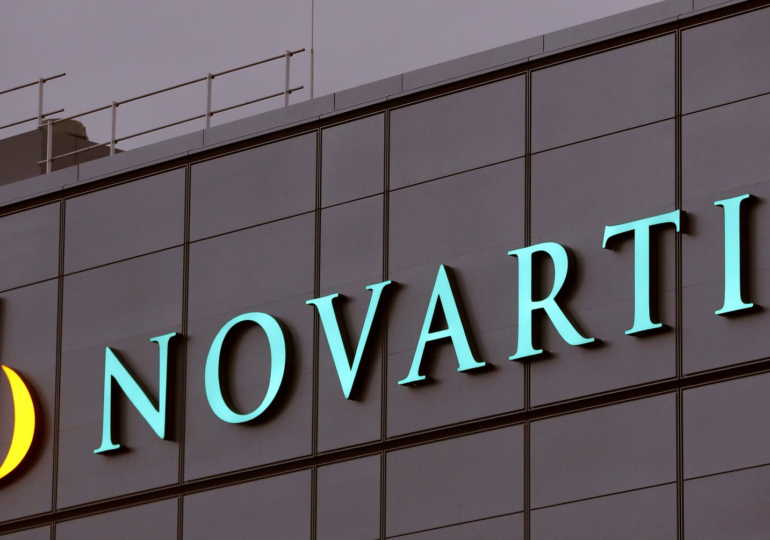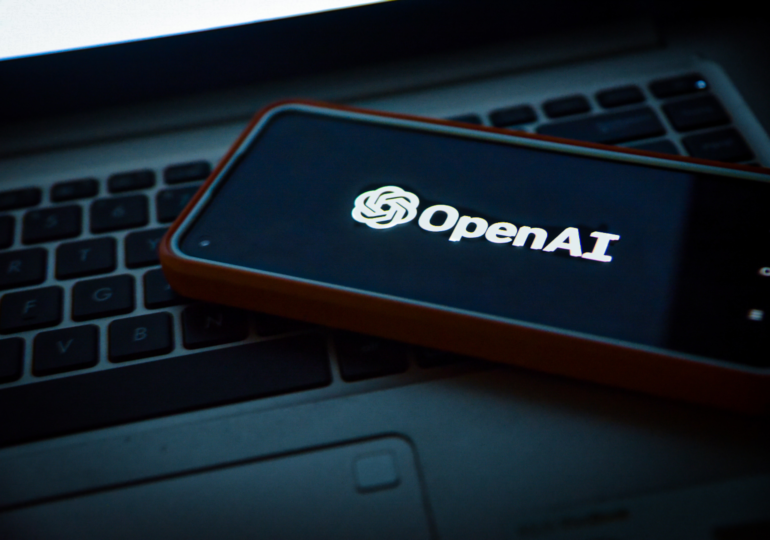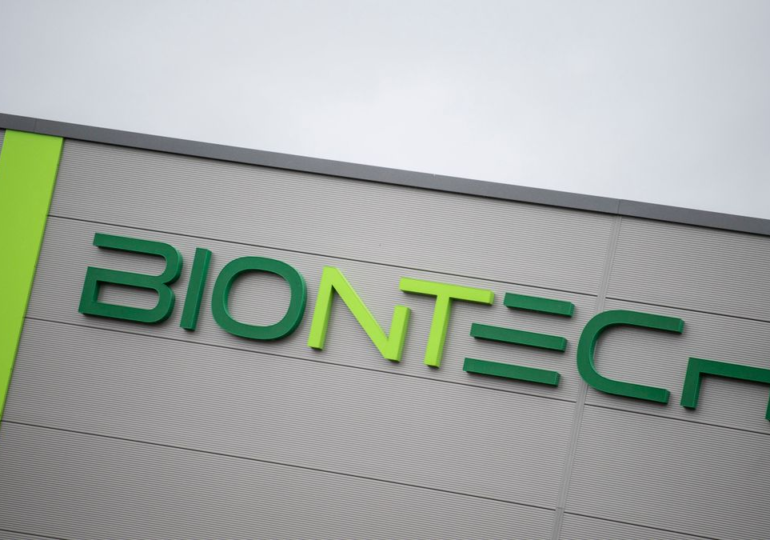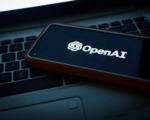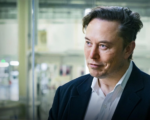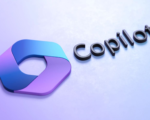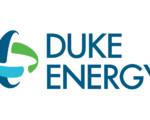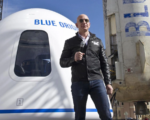OpenAI Adopts Public Benefit Corporation Structure to Attract Investment for AI Development

OpenAI, the company behind ChatGPT, has announced plans to restructure as a Delaware-based public benefit corporation (PBC) to secure additional funding needed for its ambitious artificial intelligence (AI) development. The move aims to balance societal interests with shareholder value as the company navigates the costly race toward artificial general intelligence (AGI).
Initially launched as a nonprofit in 2015, OpenAI transitioned to a for-profit model in 2019 to fund AI research. The latest restructuring reflects the need for further flexibility, particularly to attract substantial investment. OpenAI’s latest funding round of $6.6 billion, which valued the company at $157 billion, was contingent on changes to its corporate structure, including the removal of profit caps for investors.
In a blog post, OpenAI explained that this transition is critical to maintaining its mission and competing with well-funded rivals such as Anthropic and xAI, which operate under similar structures. “The hundreds of billions of dollars that major companies are now investing into AI development show what it will really take for OpenAI to continue pursuing the mission,” the company stated.
The nonprofit parent will retain significant interest in the new PBC through shares, ensuring resources remain aligned with the company’s broader mission. OpenAI claims this will position its nonprofit arm as one of the “best-resourced nonprofits in history.”
The transition to a PBC has drawn mixed reactions. Advocates suggest this move is essential for OpenAI’s continued innovation, while critics express concerns over whether the public benefit mission will be sufficiently prioritized over profit. Ann Lipton, a corporate law professor, noted that while PBC status signals a company’s intent to prioritize societal goals, enforcement depends heavily on shareholders’ willingness to hold the company accountable.
The restructuring comes amid legal disputes and external criticism. Elon Musk, an OpenAI co-founder who later left the company, has filed a lawsuit alleging OpenAI prioritizes profit over its stated public mission. Musk’s lawsuit is one of several challenges the company faces as it pursues its new structure.
Despite these obstacles, OpenAI is pushing forward, asserting that this transformation is necessary to remain competitive in the AI space while staying true to its mission of ensuring AI benefits humanity.


